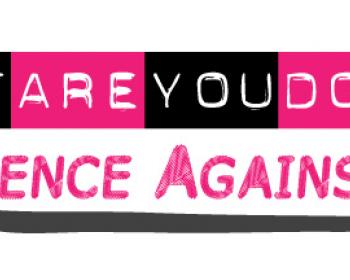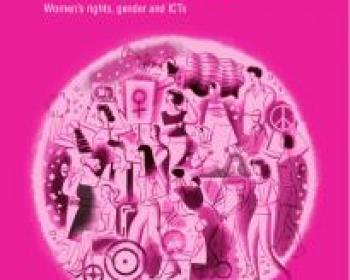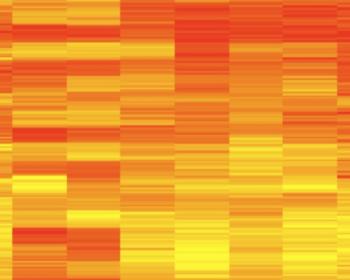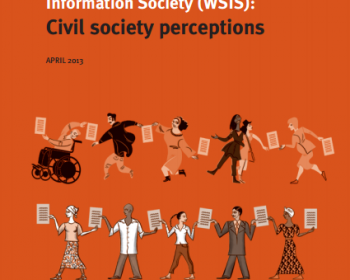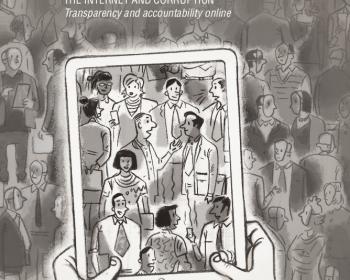Research
This study seeks to explore recent legislative developments aimed at addressing and providing avenues of redress for technology-related violence against women. We explore the objectives, structure and application of four domestic legislative responses to different forms of violence against women, seeking to understand how domestic legislatures are responding to increasing awareness of violence against women online.
A recent report, “Internet intermediaries and violence against women online” released by the Association for Progressive Communications for the “End violence: Women’s rights and safety online” project, analyses the policies and redress framework of the three major internet intermediaries: Facebook, Twitter and YouTube, in regard to violence against women online. These case studies allow APC to further its progress by creating a bridge between social networking platforms and ...
“Our research and our work with women around the world has shown us that many social media platforms do not respond adequately to women facing violence online. With this campaign, we want to amplify women’s voices on this issue and find solutions that work,” explains Sara Baker, Take Back the Tech! campaign coordinator.
South Africa largely respects online freedoms, and to this extent the country could be considered to have a free online media environment. Many of the instances of internet censorship apparent in more repressive countries, and outlined by the United Nations Special Rapporteur on the promotion and protection of the right to freedom of opinion and expression, Frank la Rue, are absent in South Afr...
GISWatch 2013 shows that gains in women’s rights made online are not always certain or stable. It is a call to action, to the increased participation of women in all forms of technological governance and development, and to a reaffirmation and strengthening of their rights online.
TV white spaces allow the use of unlicensed spectrum to provide connectivity solutions to traditionally unserved areas, especially rural and remote communities. This book explores this innovative approach to spectrum both the policy, regulatory and technological perspective.
New Zealanders are generally free to express themselves online, while at the same there is a high degree of soft self-censorship. These are some of the findings of a new report produced by APC and funded by InternetNZ.
Internet intermediary liability can have a significant deterrent effect on intermediaries’ willingness and ability to provide services, and therefore may end up hindering the development of the internet itself. For this reason, legislators around the globe have defined special “comfort zones” for the operation of intermediaries, also known as “safe harbours”, limiting the liabilit...
This GISWatch special report by APC collates civil society perceptions of the changes that have taken place in the information and knowledge-sharing society over the last 10 years, capturing the shifts experienced by communications activists and stakeholders in a rich and nuanced way.
GISWatch 2012 explores how the internet is being used to ensure transparency and accountability, the challenges that civil society activists face in fighting corruption, and when the internet fails as an enabler of a transparent and fair society.

Association for Progressive Communications (APC) 2022
Unless otherwise stated, content on the APC website is licensed under Creative Commons Attribution 4.0 International (CC BY 4.0)



